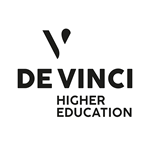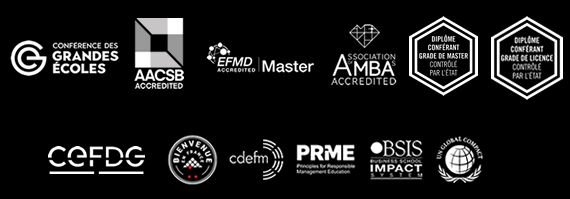Diórgenes Mamédio, PhD, Associate Professor of Strategic Management at EMLV, has published a new book chapter on the paradoxes of authenticity, focusing on the cinematic tourism experience in the Moroccan film industry.
In his latest publication, Diórgenes Mamédio delves into the complex relationship between cinema, authenticity, and tourism, offering new insights into how fictional portrayals shape real-world perceptions.
Cinematic Tourism and Authenticity: An Intricate Relationship
Authenticity is central to the tourism experience, particularly when cinema creates imagined scenic environments that seem authentic enough to attract visitors. However, these cinematic realities often present a paradox: the line between real and fake becomes blurred, challenging our perceptions of authenticity.
Diórgenes Mamédio‘s latest research addresses this intriguing phenomenon, exploring how paradoxes of authenticity influence consumers’ reception of film industry products.
His chapter, titled “Cinematic Tourists: Forms of Authenticity in Consumers’ Reception of the Moroccan Film Industry,” delves into how tourists interact with cinematic portrayals and how these interactions shape their perception of authenticity.
Understanding the Paradoxes of Authenticity
Diórgenes’s research, grounded in paradox theory, examines the complex nature of authenticity within cinematic tourism. Using virtual ethnography, he captures how tourists perceive various contexts of authenticity in the Moroccan film industry. Through analyzing film cases, Mamédio categorizes authenticity as multiform: real, fake, and fake-authentic.
The study highlights three paradoxical forms of authenticity:
- Authentic Reality: Genuine experiences that reflect cultural truth.
- Merging Fake Reality: Blending fictional portrayals with perceived authenticity.
- Genuinely Authentically Fake: Recognizing the imitation as more original than the source itself.
These findings reveal that tourists do not merely accept or reject the authenticity presented in films. Instead, they creatively interpret the interplay between fake and authentic, often embracing imitation as an enriched version of reality.
The Role of Cinematic Representation in Shaping Perception
The study sheds light on how cinematic tourism transforms the perception of authenticity. Tourists visiting Moroccan film sites often perceive these destinations as authentic, even when they know the scenic environments are artificially crafted.
This interplay between reality and imitation contributes to a unique tourist experience, where the fake can sometimes become more significant than the original.
Diórgenes acknowledges the invaluable research support provided by the De Vinci Research Center at EMLV.





















